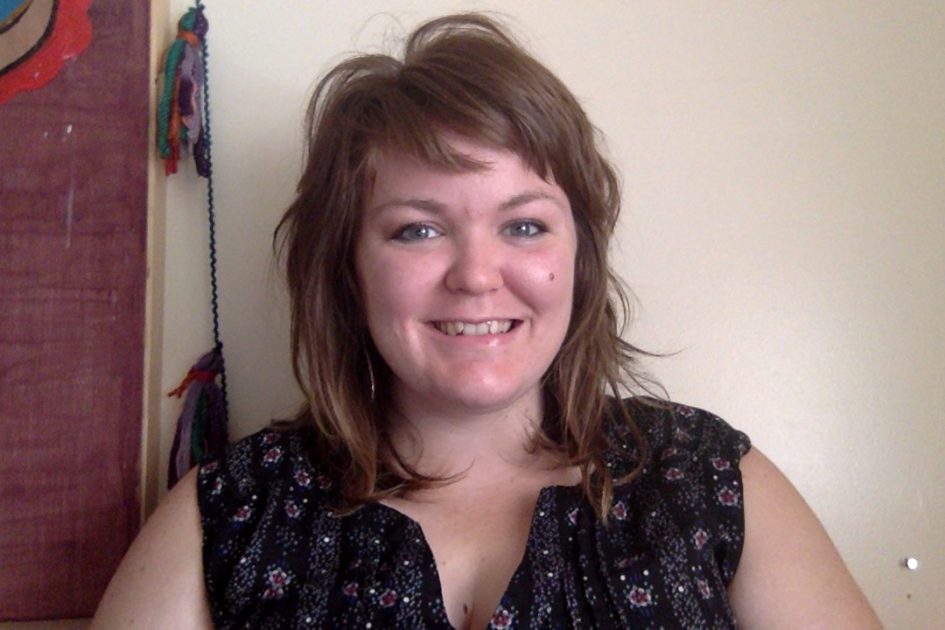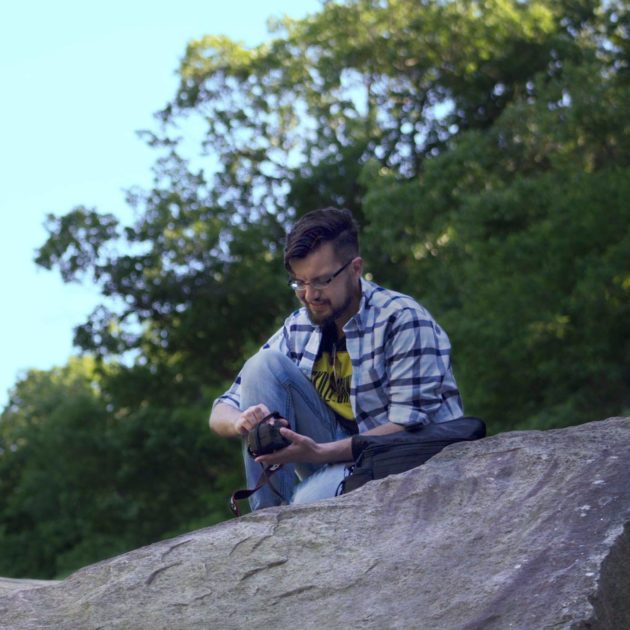In the midst of the COVID-19 pandemic, students and teachers weighed in on their experiences adapting to virtual learning.
Ilyssa Patton, sophomore early childhood education major with a minor in music, expressed disappointment in how professors have made the transition.
“I have found that I am spending a significant increase in time on schoolwork than I have earlier this semester and in previous semesters,” Patton said. “And only two of my professors are doing any sort of zoom lectures.”
Patton explained that it can be frustrating to receive so many emails from professors that include announcements for the courses.
“Giving instructions strictly through email has been frustrating to me because it can be unclear and often contradictory to what is on iLearn,” Patton said. “My hope is that professors at the end of the semester are flexible and understanding to students who have struggled during this big change.”
While certain classes have been able to adapt easily to a virtual environment, others have found it more difficult, specifically art classes.
Tyler Miracle, a sophomore film and media production major, is taking the creative immersion class. This course currently centers around the principles of stop-motion animation, and students were expected to build and animate stop-motion shorts as teams.
“We don’t really have assignments,” Miracle said. “It’s mostly coming together and talking about stop motion principles, what to keep in mind, and other things related to stop-motion animation.”
Since students can no longer meet, productions have completely stopped and will no longer count toward the final grade. Instead, students are expected to study and discuss stop-motion principles as a class once a week through Zoom, a popular voice chat program.
Professor Jim Higgins, who runs the course, has given students the option of continuing their animation projects in the fall if they really want to bring their visions to life.
CapTV, a class that produces Capital-related news media, has had to make similar changes.
“Ever since moving to online, CapTV has continued to produce shows to the best of our ability,” Nick Corso, sophomore film and media production major, said.
Instead of meeting in-person to broadcast their news programs, students are now doing individual assignments where they have to submit videos that relate to a particular news segment on the show.
“With our most recent show, all of us were required to make a short video of us interviewing someone we knew about how COVID-19 has had an effect on the area they live in,” Corso said.
CapTV posts their videos at captv.org.
Art professors reached out to talk about their experiences as well.
“The shift online has been a place for creative problem solving,” Britny Wainwright, an art instructor that has been teaching for four years at Capital, said.
Wainwright teaches a ceramics and visual art course.

Since all students don’t have access to the necessary materials and tools needed to create ceramic pieces, the class is now focusing on studying contemporary topics in the world of ceramics.
“Fortunately, we were at a point of the semester where all of the basic techniques students needed to know were already covered, and we were focusing on stacking our knowledge to get to more complex ideas,” Wainwright said.
Though Wainwright believes that ceramics should never be an online course, she feels that this whole experience has helped her grow more as a teacher.
“Teaching online has made me more confident in the online resources I was already using,” Wainwright said. “And it has made me develop a larger variety of assignments and instruction.”
Professor Joseph Owens, who teaches commercial design and introduction to graphic design, has also had to make changes.

“The biggest challenge was making sure everyone had access to Adobe software first, which thankfully they provided everyone with keys for free access,” Owens said. “That had been a major concern of mine going into the purely online world.”
Another challenge for him has been the lack of in-person interactions.
Owens has been used to walking around an actual classroom and observing students’ expressions in order to get a read on how they feel about the softwares and assignments.
“Since we’ve moved online, I can’t exactly see everyone’s face to do that,” Owens said. “That all being said, I have shifted my students onto Discord which gives them unlimited access to ask me questions and have conversations on the fly which has been a great addition.”
Discord is a free chat program where people can use video, audio, and text to communicate with other people in their Discord group. It is especially popular among the gaming community.
Owens believes the program has been very useful since students can easily submit their art into the group chat and receive feedback from their peers.
While Owens and Wainwright are working at finishing out their classes, there are other art teachers across the country that have hit serious roadblocks, a topic of which Owens touched upon in his interview.
A sobering thought is that of a student who is forced to drop out of a class because there’s simply not adequate equipment available at home.
3D modeling software such as Maya, and even basic Adobe programs, can be incredibly taxing softwares for computers. If your computer doesn’t have above-average system requirements, it can be a nightmare trying to run these programs to their full capacities.
“I think for colleges and universities to be successful moving forward, they may have to consider providing equipment for their students’ success whether it is at home or at campus,” Owens said.


